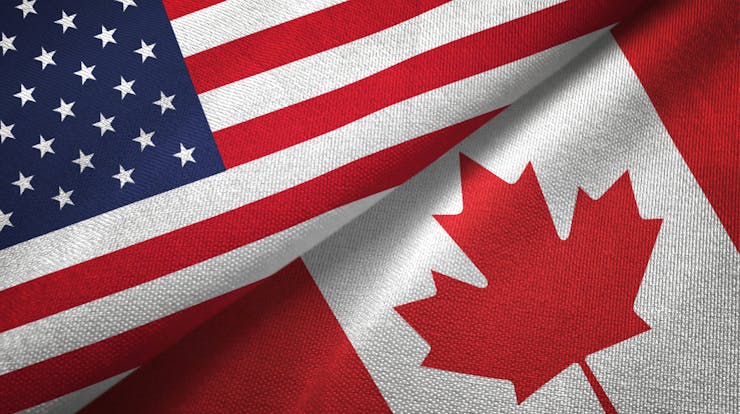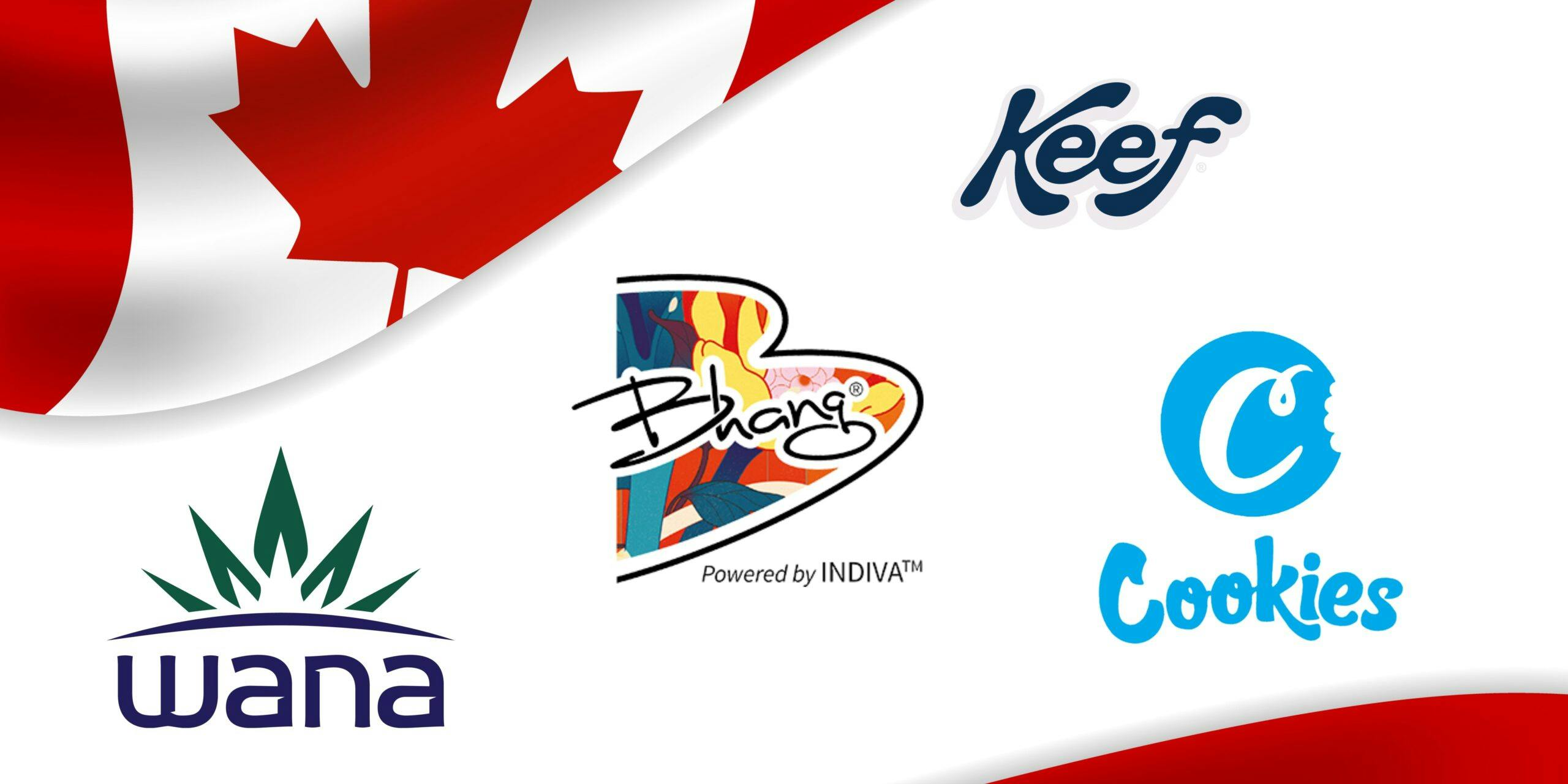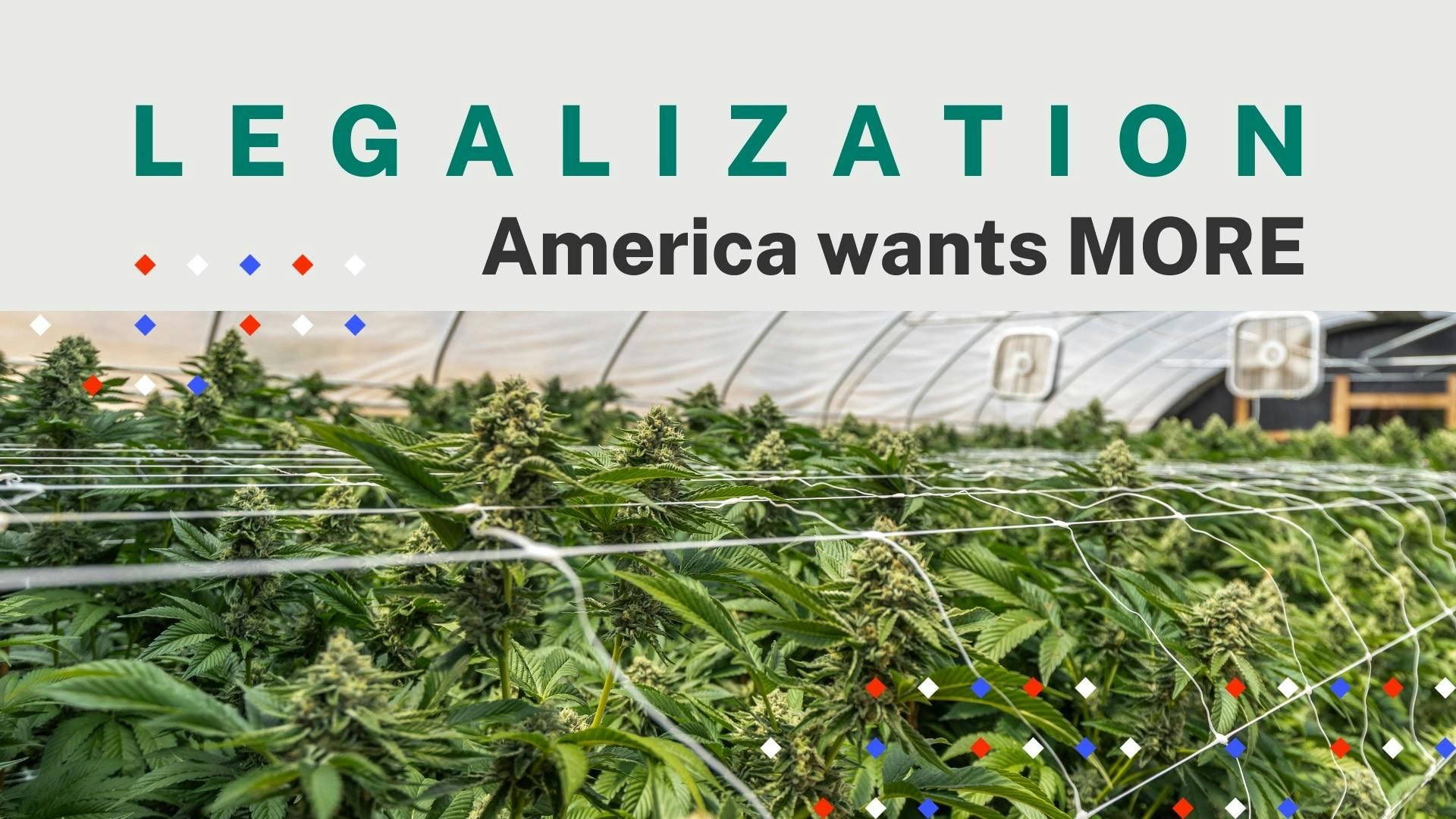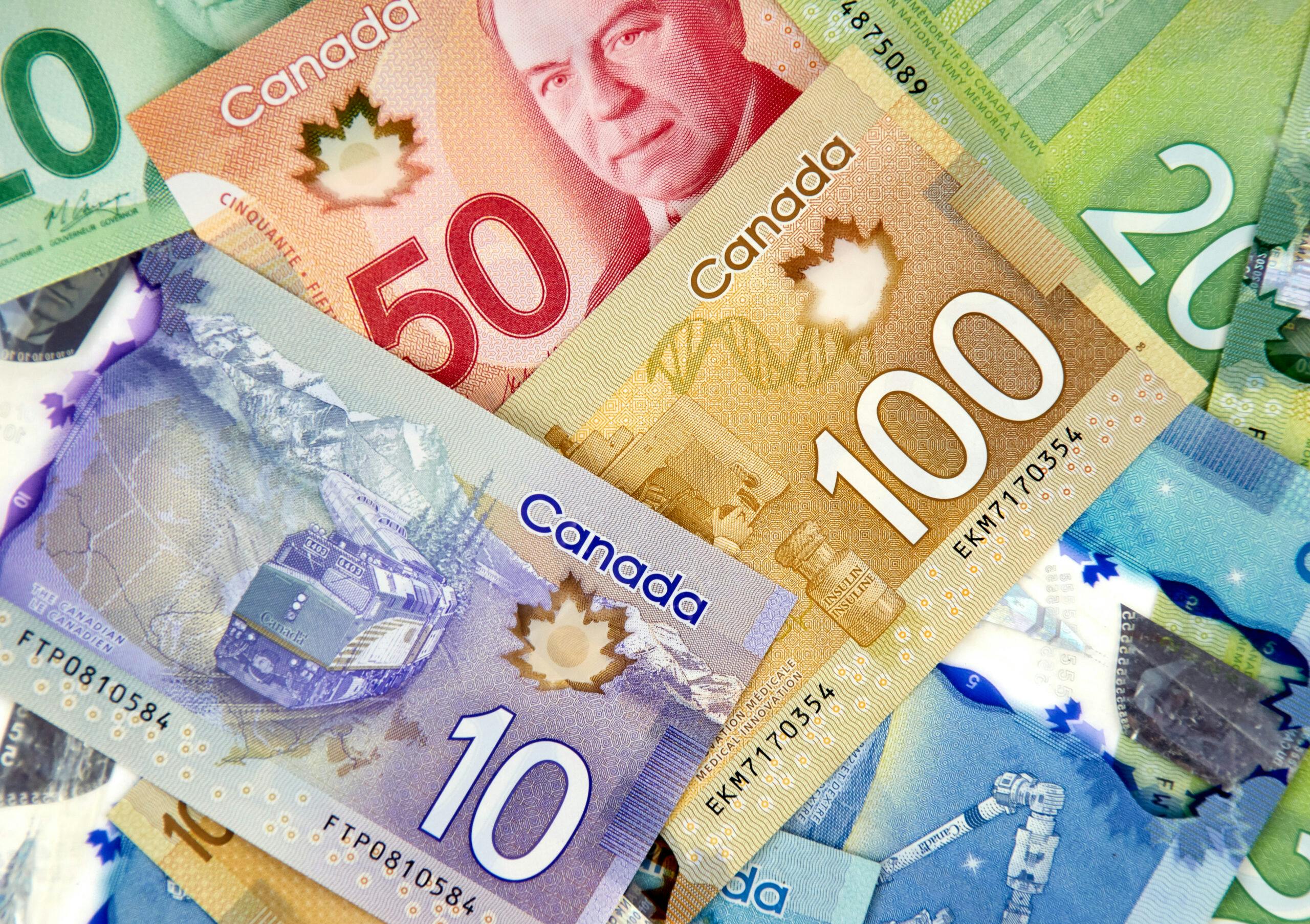Ever since October 18, 2018, Canada has basked in the sunlight of a federally legal recreational cannabis market. This good fortune has bestowed Canadians with a vast and diverse buffet of products, and seemingly endless ways to consume as well.
Equally as important, the end of prohibition has brought forth a bold new industry, creating companies and careers across the nation, and showering the Great White North in revenue to the tune of $43.5 billion thus far.
In contrast, we have our neighbour to the south, the United States. Although cannabis is legal in some form in three-quarters of the country, it remains illegal at the federal level.
This has created a significant hindrance in growth opportunities for the sector over there because cannabis cannot be exported or imported.
But what if the United States was finally able to end its marijuana identity crisis by eradicating cannabis prohibition from the top down? What effect would that have on Canada and its burgeoning pot sector?
The US has flirted with federal cannabis legalization for some time
For starters, the possibility of the U.S. legalizing at the federal level is real. Although they’ve been playing the “Ross and Rachel, will they or won’t they” game for many years, the discussion keeps getting pushed forward.
Once it finally happens, it will no doubt reverberate into Canada in one way or another.
“There have been a number of starts and stops with American legalization over the years, so I’m not holding my breath until it happens, or we get much closer to it actually happening,” said Matt Maurer, Co-Chair of the Cannabis Law Group at Torkin Manes, in an interview with Leafly.
Right now in Canada, brands are still struggling to rise to the top, and that’s within the Canadian market. Add in a lot more competition down south and the task becomes even tougher.
Matt Maurer
Despite his cautionary approach, Maurer believes even when it does happen not much will change for Canada—at least right away.
“As long as cross-border cannabis trade between countries remains effectively closed, I think we will continue to see brands from the United States and Canada infiltrate the cross-border market in the manner in which we currently see,” he said. “That is, American companies finding Canadian licensees to manufacture and sell [their] brands in Canada and vice-versa.”
Maurer added that even if the United States legalized, he doesn’t think that the Canadian government would be quick to open up a cross-border cannabis market, as they are trying to protect Canadian cultivators and manufacturers.
“LPs have invested so much time and money in their facilities here,” he said, likely due to the onerous licensing requirements. “Allowing American products or even worse, products from countries like Mexico and Latin America where cultivation costs are even lower, [would be detrimental].”
More brands like Cookie, Keef, and Bhang on both sides of the border
Maurer does believe that without cross-border trade, U.S. legalization might create even more product licensing on both sides of the border. “For now, some LPs benefit from partnering with American companies to make “American” products here in Canada,” he said. “Federal legalization without open cross-border trade may actually spur more of these relationships to take hold.”
Canada already has a plethora of U.S. brands enjoying strong market share across the country. This includes Bhang chocolate and Wana gummies, two products that have catapulted London-based LP Indiva to a 50 percent market share in the edibles category, as the license-holder and brand manufacturer.
Cookies, a California-based product headed up by American rap star Berner has also made its way north along with infused soda originally made by Keef, a Colorado-based manufacturer.
But if the U.S. legalized weed, would Canadian cannabis products enjoy the same glory south of the border?
“I think some Canadian LPs and retailers may be able to carve out a nice little niche in the U.S. However, the U.S. market (population-wise) is 10 times the size of Canada,” said Maurer.
“It is tough for Canadian products in any industry (generally) to compete in America and I do not see cannabis being any different. Even right now in Canada, brands are still struggling to rise to the top, and that’s within the Canadian market. Add in a lot more competition down south and the task becomes even tougher.”
Canada’s cannabis sector might get access to bigger banking services
Perhaps one of the most important and pressing issues with legal cannabis in the United States is its banking conundrum. Most major financial institutions will not deal with companies in the marijuana sector because they fear treading on money-laundering laws, as well as agitating the federal government in the process.
Maurer feels that with federal legalization, the banking issue will change significantly.
“Federal prohibition has made it very difficult for federally regulated companies to engage with the cannabis industry,” said Maurer. “Even in Canada where cannabis is legal at a federal level, banking continues to be a challenge given the desire of most big banks to steer clear of cannabis companies. [This is because] many of these banks operate outside of Canada (e.g. within the United States) as well.”
Maurer added that if the U.S. ends prohibition, banks will feel a lot more comfortable and protected to service clients in the sector.
“With cannabis legalized at a federal level in the United States, cannabis companies on both sides of the border might find financial services to be much more accessible than they presently are.”
The MORE Act would put Canada’s pardon process to shame
For the moment, the talk around legalization in the United States circles around the Marijuana Opportunity, Reinvestment & Expungement (MORE) Act. This cannabis reform bill, if successful, would end criminal penalties by removing marijuana from the List of Controlled Substances.
On April 1st, the U.S. House of Representatives passed the bill, and the legislation now arguably has an uphill climb in the Senate. If passed, the Act would also expunge past cannabis arrests, charges, and convictions—a move that would leave Canada’s pardon program in the dust.
According to Public Safety Canada, 467 applications have been received and 265 have been granted. Unlike the MORE Act, cannabis pardons in Canada are not automatic. Canadians need to pay $644 for the application and wait up to ten years for a verdict. Many do not have the financial means to pursue this process.
The conversation about pardons was reignited with a tweet from Justin Bieber’s father, asking folks to sign a petition to have the government reconsider current requirements. Unfortunately, the tweet came a day too late for the petition to get the 500 signatures it required.
A new petition is asking for “An act to provide a no-cost, expedited record expungement for nonviolent cannabis convictions is an essential first step for the federal government to recognize the impact of holding criminal records for something that is now legal and disproportionally affects marginalized communities that are trying to move on with their lives.”
At the time of publication, the petition has 495 of the 500 signatures needed to be presented to the House of Commons.








